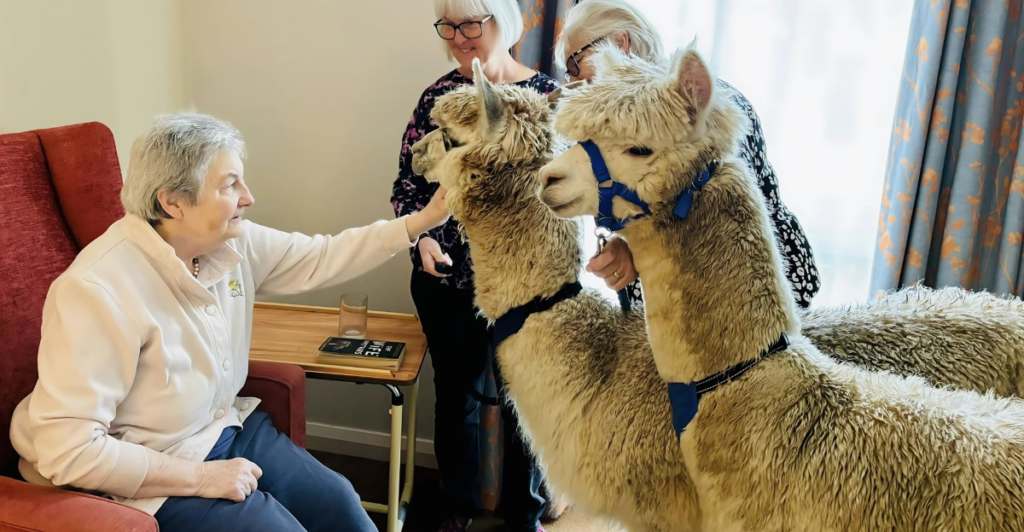
Life can often become overwhelming, and people turn to therapy or self-care routines to feel better. Having an animal companion by your side can have a number of positive effects, including stress relief, calming feelings, and a sense that you aren’t alone in this world.
Most people know this when it comes to cats and dogs, and some are even specially trained as therapy animals. However, there are other animals that can be just as loyal, loving, and charismatic to keep you from feeling blue.
Love and connection come in many forms from all sorts of different animals. Here are some amazing alternatives to cats and dogs that will help you through anything.
Miniature Horses
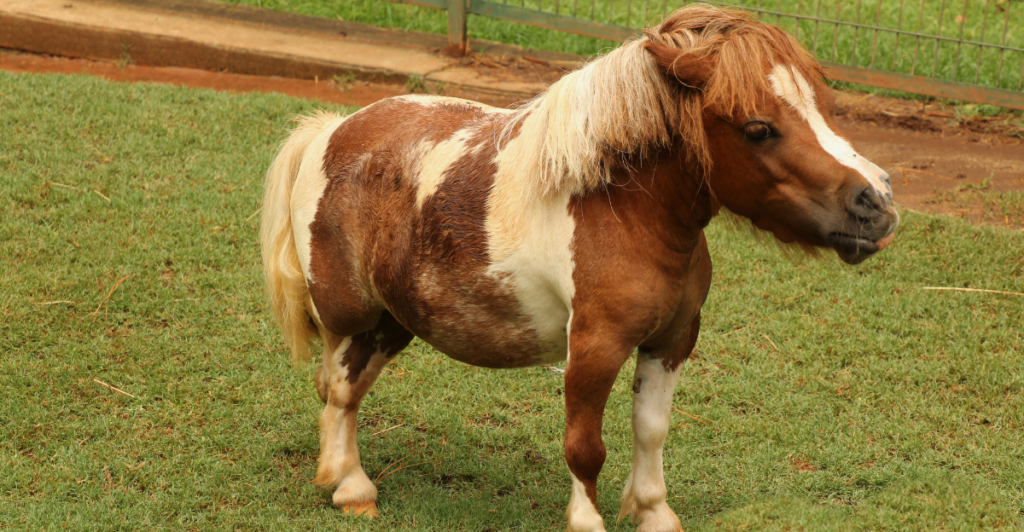
While miniature horses aren’t exactly an easily accessible pet for everyone, they can make amazing therapy animals. Given their stature and proportions, they are naturally adorable animals that have an incredible way of connecting with humans. They have a soothing demeanor and are great companions for emotional support.
They are sometimes used in hospitals to cheer up patients and are small enough to fit into most indoor spaces, making it easy to take them anywhere they need to go.
They bring joy and comfort to patients and hospital faculty alike, proving their amazing healing abilities. They also have a surprising intellect and adaptability, which means they can also serve as guide animals for people with visual impairments.
Therapy Pigs
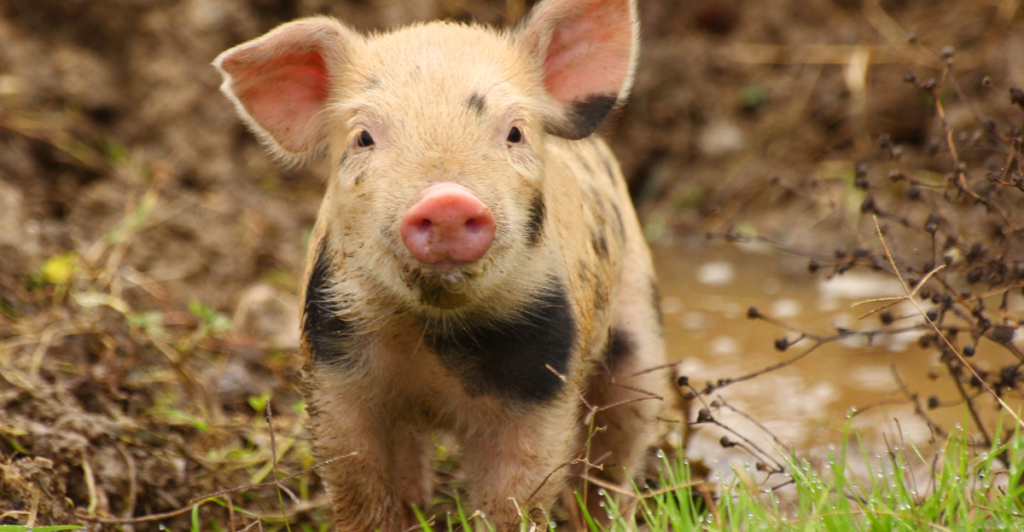
You heard it right. Therapy pigs are very real and amazing animals. Pigs are renowned for their intelligence and surprising empathy. They are incredibly gentle animals that can bond deeply with people, which makes them great as an alternative to therapy.
They are very social animals, and just like us, thrive in a group environment. They can bring a smile to anyone, even people recoving from trauma or an illness.
They have a unique presence about them, which often leads to a calm and happy feeling, meaning they are unforgettable companions. Pigs are also able to learn tricks and commands, a lot like dogs. This can be used to engage in interactive therapy sessions.
Rats
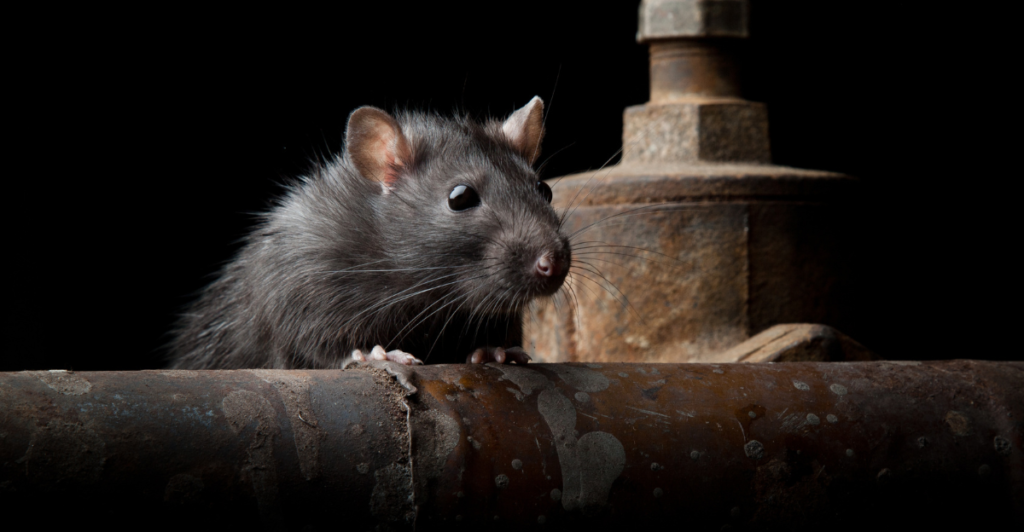
Rats are often seen as dirty rodents that are nothing but vermin. This stereotype has existed for centuries, but recently, more and more people have adopted rats as pets, and the results are remarkable.
Domesticated rats are amazing animals that offer a lot of affection and intelligence to their owners. They are easy enough to train and can form incredibly strong bonds with their caretakers. They are small enough to stay in a small home and just need a bit of mental stimulation to keep them happy.
They are playful animals that will often run across the room they are occupying. Their affection also means they love cuddling up to their owners. These low-maintenance pets are great for children, and studies have shown that having one as a pet can reduce stress levels and lift spirits.
Llamas

Llamas are calm and curious animals, which means they can be comforting when its needed. Their soft fur and gentle nature gives them a unique way of bringing joy to kids and adults alike. There’s a reason why llamas are prominent animals in petting zoos, they have a calm and soothing effect on anyone who touches their fur.
Their outdoor nature encourages being outdoors, which will naturally lift the mood of most people. They are very intelligent animals and can be trained to walk alongside people, offering emotional support and companionship.
Llamas have been used in equine-assisted therapy programs, showcases their ability to blend physical and emotional support for anyone that needs them.
Ducks

Many only see ducks as pretty animals that keep their distance on the water or even just as a source of food. Ducks are an unconventional pick, but they can be very friendly which makes them surprisingly supportive animals that can help cheer people up.
There are stories of domesticated ducks being amazing companions – like Daniel, the Emotional Support Duck, who has highlighted his species’ ability to calm anxiety and bring joy to people in his life.
Ducks do require a bit of care and maintenance, which creates a sense of responsibility and more importantly, a sense of purpose in their caretakers life. Caring for an animal, even a duck, can provide a therapeutic outlet for stress and anxiety because it involves keeping with a regular routine such as feeding and walking.
Snakes
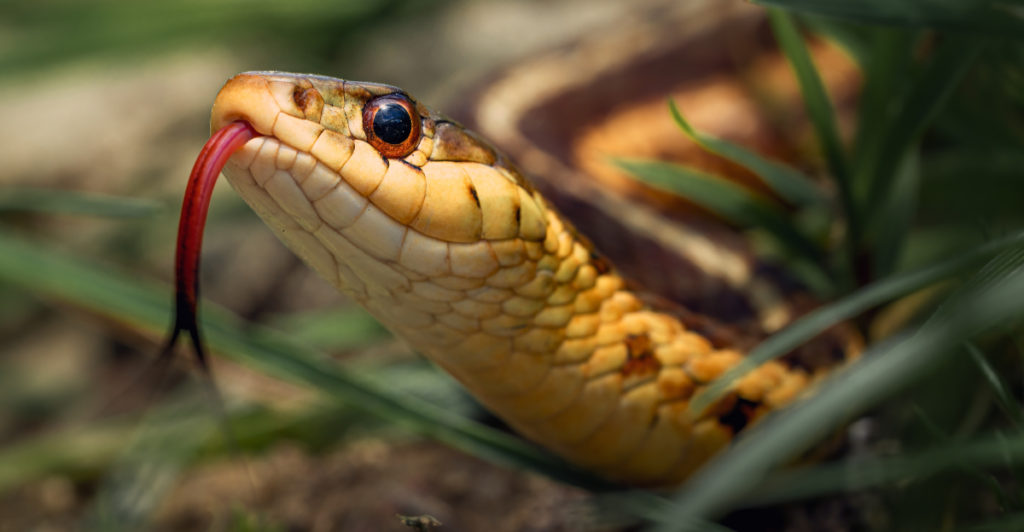
Just like rats, many people are afraid of snakes and wouldn’t go near them. It may be surprising then that snakes actually make some of the best companions for people that need a calm and quiet companion that has predictable behavior.
Handling snakes, much like petting a dog, can reduce stress and sooth individuals. They are a strange pick, but for those that have been around snakes, they are just like many other therapeutic animals, just not fluffy. They are a reliable and effective choice for people who want emotional support without having to do too much maintenance.
Their unique way of interaction means they won’t work for everyone, but many find comfort in their presence when they might struggle with other animals. Reptile enthusiasts will attest to the calm and tranquility that a snake adds to their life.
Miniature Donkeys

Much like miniature horses, miniature donkeys proved a calming presence through their tiny proportions. They are both affectionate and social animals, which means they thrive on human interaction.
Their small demeanor means that they can be placed indoors if necessity demands it, such as visiting patients or nursing homes. They bring smiles and comfort to patients and people of all ages.
They are gentle animals with a lot of love to give and can form strong bonds with their caretakers, providing a sense of companionship and emotional security. Their intelligence means they are easily trained, which means they can be quite interactive animals, which only enhances their role as therapeutic by nature.
Chinchillas
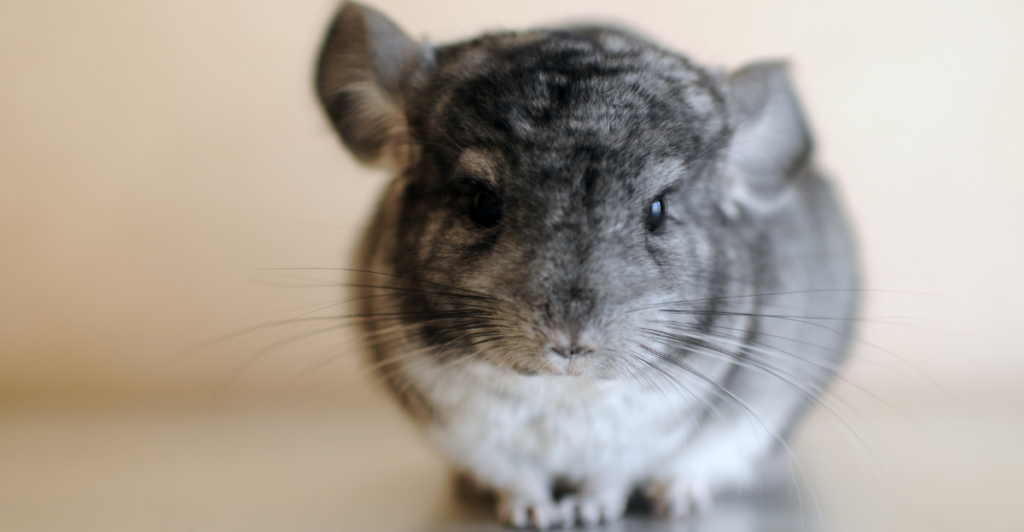
Chinchillas are becoming increasingly popular as pets throughout the United States and many other countries. They are praised for their super-soft fur and gentle demeanor.
They are low-maintenance pets that can provide as much comfort and companionship as a cat or dog. They can soothe anxiety through touch, which helps those looking for sensory therapy to feel better.
They are social animals, which means they thrive on human companionship and always have their human adopter nearby. Petting chinchillas are particularly therapeutic thanks to stimulating senses and releasing feel-good chemicals in the brain.
Birds

Birds can be a polarizing choice, but just like snakes, even if they aren’t mammals, they can make incredible companions that dispel the feeling of being alone with their amazing social attitude. Bird’s unique way of communicating, particularly parrots, means that the sense of interaction and companionship is strong.
Their big personalities can brighten up any environment, creating a space of emotional support, lifted spirits, and stimulation. Their soft feathers also provide a great tactile feeling when petting or caring for a bird. They instill a sense of responsibility and purpose for their caretakers.
Their coval interactions also stimulate cognitive functions and encourage their owners to partake in communication, helping in speech therapy settings.
Explore more of our trending stories and hit Follow to keep them coming to your feed!

Don’t miss out on more stories like this! Hit the Follow button at the top of this article to stay updated with the latest news. Share your thoughts in the comments—we’d love to hear from you!







